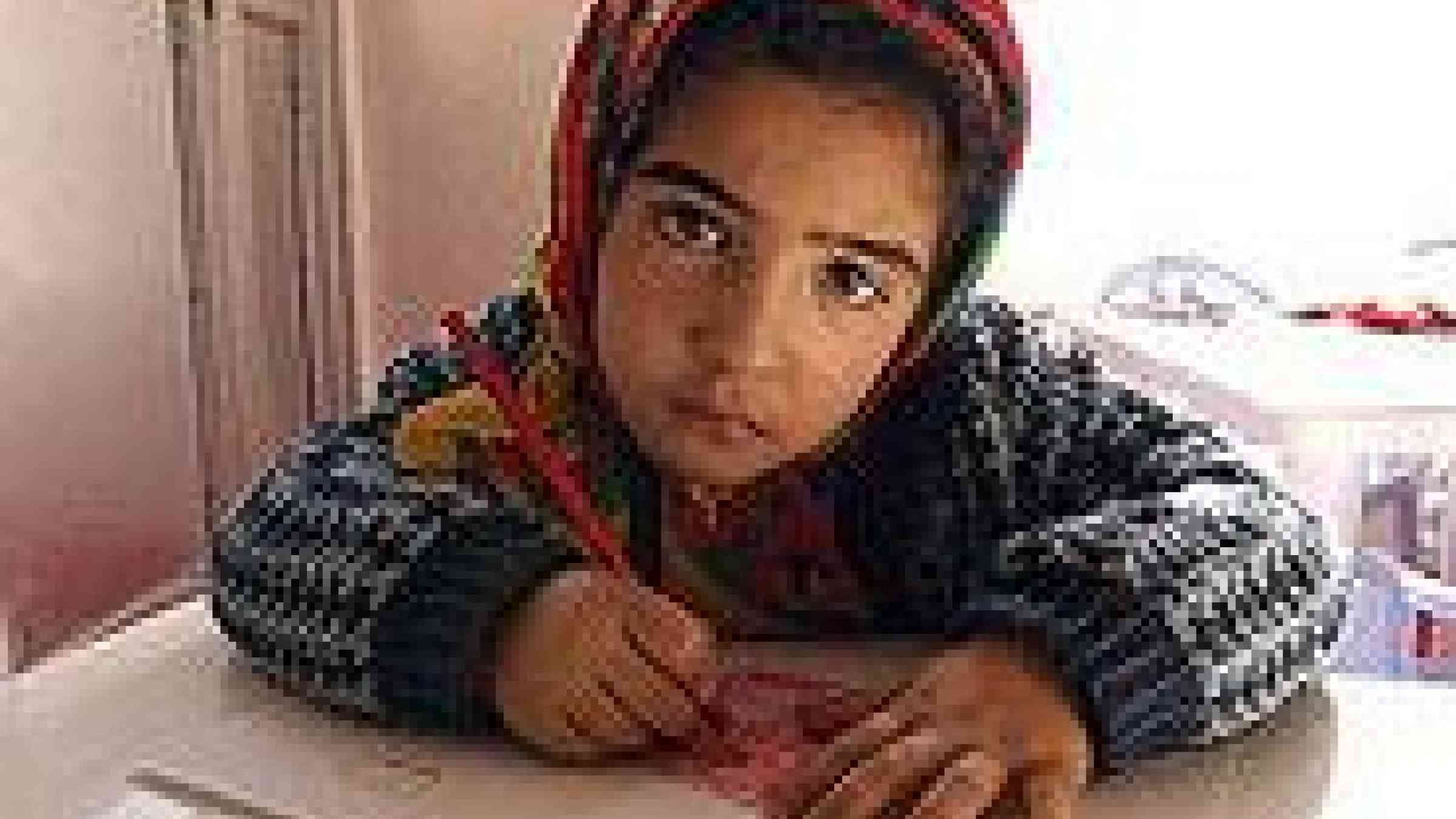
Hyogo Framework for Action and DRR in Education discussed at a seminar organized by UNICEF and the Government of Azerbaijan
Baku - UNICEF, in partnership with the Government of Azerbaijan, organised a one day seminar in Baku to discuss national efforts to ensure safety and protection of children against future disasters. This “Hyogo Framework for Action and Disaster Risk Reduction in Education” seminar brought together government officials from different ministries, and staff from the UN, national and international NGOs to discuss the Hyogo Framework for Action - which was endorsed by 168 governments in January 2005 and is the global blueprint for disaster risk reduction. The group also discussed the country’s progress so far and way forward for Disaster Risk Reduction (DRR) in Education in Azerbaijan.
The seminar was organized in collaboration with the Ministry of Education and the Ministry of Emergency Situations under their project “Supporting Disaster Risk Reduction amongst Vulnerable Communities and Institutions in Azerbaijan”. This EU-funded initiative emphasizes the need for a systematic approach to disaster risk reduction and advocates for mainstreaming a child-focused DRR policy and strategic framework into existing policies, planning and programmes for education or in some other way related to disaster preparedness.
“From UNICEF's point of view, we hope that, from here on, we will continue preparing children and vulnerable communities to respond to future disasters, and that everyone present will be active in advocating for and implementing measures that will help reduce the disastrous consequences of natural hazards on children and women in Azerbaijan. Let us keep our children and women as safe as we can,” said UNICEF Representative in Azerbaijan Mark Hereward. “The seminar should also lay an important foundation for improving existing governmental strategies and documents on disaster risk reduction in Azerbaijan with a particular focus on education,” he said.
The seminar was facilitated by UNICEF Regional office experts, Mr Asim Rehman and Ms. Goulsara Pulatova. “The number of participants demonstrated how important DRR is for the country, and the seminar was planned to be a useful mechanism for sharing of information and experience on school safety assessment tools and curriculum integration from pre-school to secondary,” said Asim Rehman, UNICEF Regional emergency specialist.
According to a recent report of the UN Secretary General, from July 2009 to June 2010 there were 349 disasters linked to natural hazards. These affected 203 million people of whom a tragic 238,000 lost their lives, and the economic damage totalled almost 78 billion USD.
UNICEF’s approach to DRR in education is at two levels - policy level dialogue on curriculum and disaster management, coupled with school based interventions reaching, in particular, teachers and schoolchildren. Children are important first because they are the most vulnerable in a disaster, but also because they possess unique abilities to contribute to the creation of a culture of safety and prevention.
Concluding remarks of the seminar included:
• It is important to spread information and knowledge on the Hyogo Framework and DRR in education at national and local levels. The idea of having similar events at district level was suggested by UNICEF.
• DRR is everybody’s responsibility. All line ministries implementing state programmes and work plans should integrate DRR into their planning.
• Inclusion of children with disabilities into all school-based activities and improving early warning and detection in the area of flooding are important.
• The key to success in implementing the HFA and indeed any DRR intervention is coordination between all respective parties and ministries not just in education. By starting and in some cases maintaining co-operation between all key stakeholders and if possible using existing co-ordination mechanisms, the issue will be remain a high priority.
• Whilst what we are currently doing is a pilot project, it provides a good opportunity to learn lessons and good practices which can be used in the future for Azerbaijan and in other countries.
